
Beta carotene is found in many foods, both plants and fruits. This healthy nutrient is actually an intensively colored red or orange pigment found in nature. Beta carotene is an organic compound and member of the carotenoids. Carotenoids are family of phytonutrients, the most widespread group of naturally occurring pigments. Beta carotene produces wide diversity of colors, from yellowish to orange and vibrant red. However, there are many foods of other colors rich in beta carotene. Some of these foods are even pink or whitish. Another interesting thing about beta carotene is that human body can convert it into retinol, which is an active form of vitamin A.
Benefits of beta carotene
Besides of its obvious benefit to prevent vitamin A deficiency, beta carotene provides a wide array of other positive effects to human health. Beta carotene is one of the most powerful antioxidants, which means that it protects the body from damage caused by free radicals. Beta carotene increases the function of the immune system and plays an important role in protection against cancer. Beta carotene is also known for its positive benefits in female reproduction, even though its exact function is not clear yet.
Side effects
Taken in the high doses, beta carotene can increase the risk of lung cancer in cigarette smokers. Other side effects involve carotenodermia, characterized by orange skin tint, increased risk of prostate cancer, intracerebral hemorrhage, and cardiovascular diseases. Side effects are typically observed in people who smoke or have a history of asbestos exposure.
Foods rich in beta carotene
Foods with the highest content of beta carotene per serving are:
canned carrot juice (22.0 milligrams per 1 cup),canned pumpkin (17.00 milligrams per 1 cup),sweet potato cooked and baked in skin (16.8 milligrams per 1 potato),sweet potato cooked and boiled without skin (14.7 milligrams per 1 potato),spinach cooked and boiled (13.8 milligrams per 1 cup),cooked and boiled carrots (13.0 milligrams per 1 cup),canned and drained spinach (12.6 milligrams per 1 cup),canned vacuum pack sweet potato (12.2 milligrams per 1 cup),frozen cooked and broiled carrots (12.0 milligrams per 1 cup),frozen cooked and broiled collards (11.6 milligrams per cup).There are yet no recommended dietary intake levels for carotenoids, including beta carotene. However, people are advised to consume five or more servings of fruits and vegetable every day. On average, daily intake of beta carotene in the United States, Canada and Europe is somewhere between 2mg and 7mg.



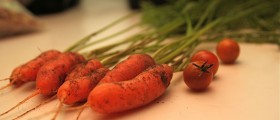
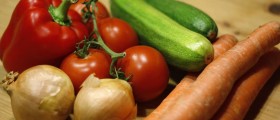
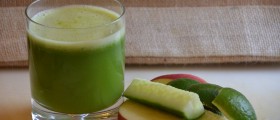




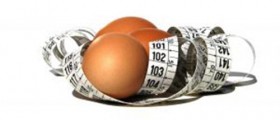
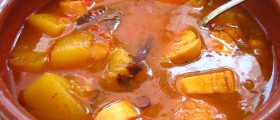
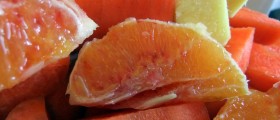
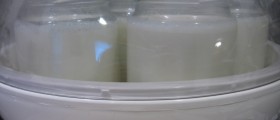



Your thoughts on this
Loading...